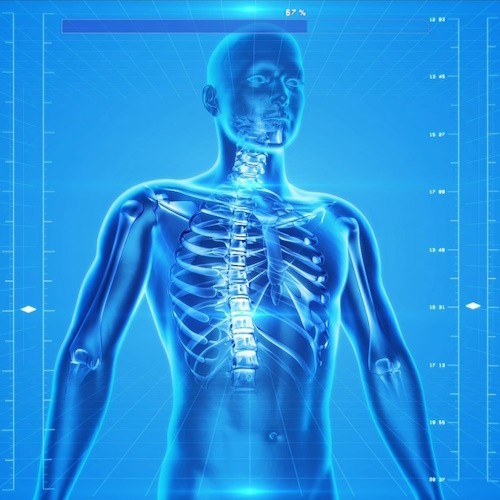Key points from article :
Understanding the ageing process requires longitudinal monitoring of millions of parameters.
Recent advances in deep learning enabled the development of AI systems that outperform humans.
AI helps in finding complex patterns in large volumes of longitudinal data.
Made possible by deep neural networks trained on large data sets using high-performance computing.
Used in drug discovery, prediction of clinical trial outcomes and personalised medicine.
Deep learning (DL) helped establish Deep Aging Clocks (DAC) - estimates an individual’s biological age.
With DAC clinicians can precisely assess and monitor individual health risks and tailor interventions.
DAC is also used in radiological image analysis algorithms for early cancer or aneurysm detection as well as dermatological testing.
Helps in identification ageing and longevity biomarkers.
AI tools need to be integrated into the current framework of clinical practice.




